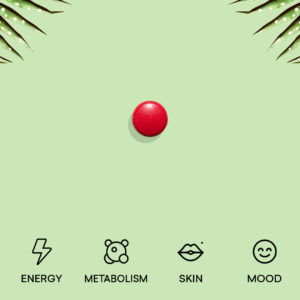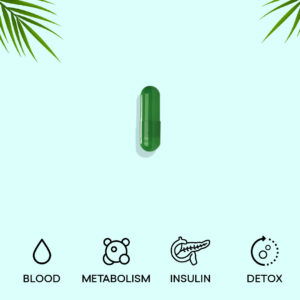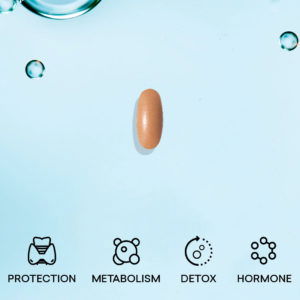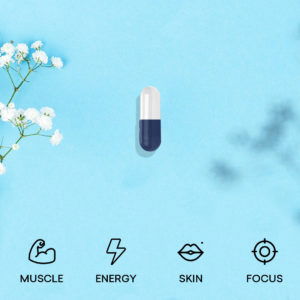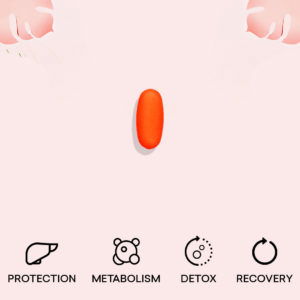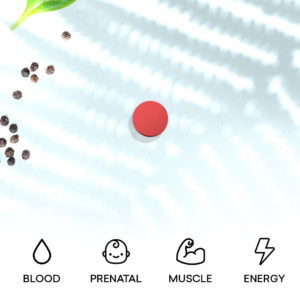Omega-3s are a household of essential fatty acids that play important roles in your body and may provide numerous health benefits. They are important nutrients in preventing and managing heart disease.
As your body cannot produce them alone, you must have them from your diet.
The three most significant types are ALA (alpha-linolenic acid), DHA (docosahexaenoic acid), and EPA (eicosapentaenoic acid). ALA is especially found in plants, while DHA and EPA occur mostly in animal foods and algae.
In our modern day food system, omega-3s have grown to be largely absent from the food chain while omega-6s have grown to be overabundant. Even the healthiest diets contain too many omega-6s and insufficient omega-3s.
Decades of scientific evidence indicates that EFA imbalance can contribute to a number of chronic health issues. Probably the most beneficial omega-3s that we’re missing are EPA (eicosapentaenoic acid) and DHA (docosahexaenoic acid).
Fish is the primary food supply of the omega-3s EPA and DHA, but Indians simply don’t eat enough fish on a regular basis. Even people who eat fish many times per week aren’t getting enough EPA and DHA because much of the fish consumed today is farm raised and lacks significant levels of EPA and DHA.
Also, many folks are increasingly avoiding fish due to growing concerns about environmental toxins in fish (such as mercury, dioxins, PCBs, etc.). Moreover, people with health challenges or those people who are currently deficient often require a minimum of 2–4 grams each day of EPA and DHA, that is difficult to obtain from fish alone.
Adding EPA and DHA to the diet of pregnant women may have a positive effect on visual and cognitive development of the baby. Studies have shown that higher consumption of omega-3s may reduce the danger of allergies in infants.
Some foods that contain omega 3 fatty acids are salmon, trout, herring, walnuts, flaxseed oil, and canola oil. Other foods that contain omega-3 fatty acids include shrimp, light chunk tuna, catfish, cod, and spinach.
Just as omega-3 fatty acids, omega-6 fatty acids are polyunsaturated fatty acids. Omega-6 fatty acids will also be essential, so you will need to acquire them from your diet. These fats are primarily used for energy.
Although omega-6 fats are necessary, the present day Western diet contains much more omega-6 fatty acids than necessary. The recommended ratio of omega-6 to omega-3 fatty acids in the dietary plan is 4:1 or less. However, the modern diet has a rate between 10:1 and 50:1. Therefore, although omega-6 fats are necessary in the proper quantities, many people in the developed world should aim to reduce their omega-6 intake.
You can take Omega 3 at any time of the day. However, it is recommended to take your Omega 3 supplements after a meal as some people can feel nauseous after taking a supplement on an empty stomach.
You should store your omega 3 supplements in a cool and dry place to obtain maximum shelf life of the product.
If you are currently being treated with blood thinning medications, blood sugar levels lowering medications, cholesterol lowering medications, or non-steroidal anti-inflammatory drugs, you should not use omega 3 fatty acid without first speaking to your healthcare professional.
Supp’s Omega contains a balanced proportion of Omega-3, Omega-6, and Omega-9 Fatty Acids. The ingredient is derived by a customizable ratio of flaxseed and black seed together, thereby making it a unique vegetarian source that is suitable for consumption by all, regardless of their preferred type of diet.
It is Non-GMO, 100% natural, and solvent free.


